Please Stop Using The 'Dark Knight Returns' Batman In Movies
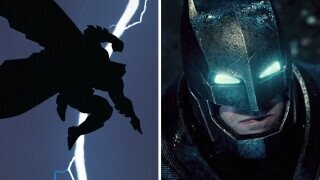
For over 80 years, Batman has evolved and changed while still being one of the biggest forces in pop culture. This week, Cracked is doing a deep dive into the Dark Knight.
We're giving away four pieces of art from legendary Batman creatives Alex Ross and Frank Miller courtesy of our friends at The Haul. Enter your email below for a chance to win and learn more here.
Don't Miss
The Dark Knight Returns has to be the most commonly adapted comic that's never actually gotten a direct live-action adaptation. In 1986, writer/artist Frank Miller asked, "What if Batman was all violent and militaristic in the future?" and took the character to satirical extremes like, say, having him turn the Batmobile into a Bat-tank ...
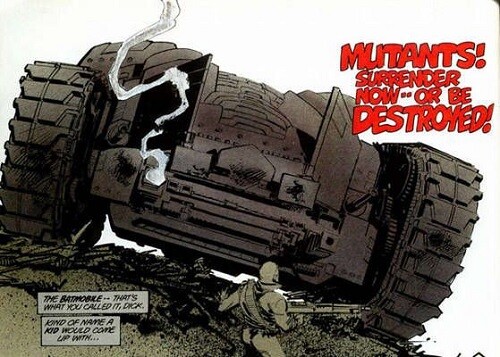
DC Comics
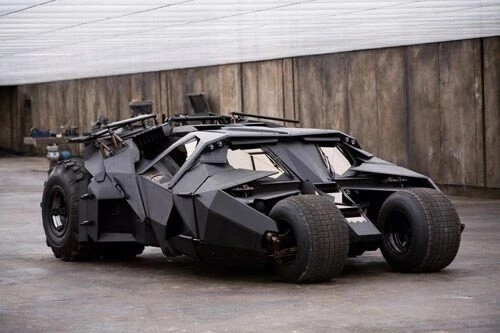
Warner Bros. Pictures
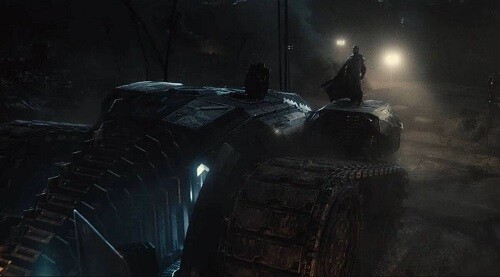
Warner Bros. Pictures
Giving him violent copycats who miss the whole point of the character ...

DC Comics
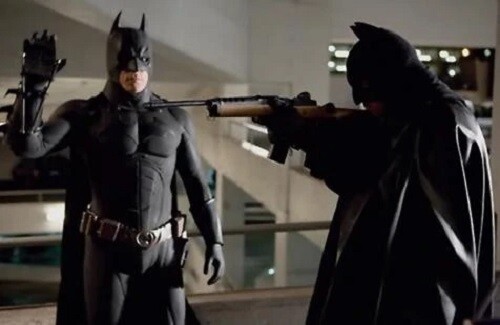
Warner Bros. Pictures
Or having him put on big, bulky armor to somehow beat the crap out of a guy who could drill a hole through his skull with his pinky in 0.3 seconds.

DC Comics

Warner Bros. Pictures
The Dark Knight Returns was meant to be satire and social commentary -- a heroic character like Batman warped by an exaggerated version of America's media-obsessed and jingoistic '80s society. Hence the fact that like half of the panels in this comic are shaped like TVs and filled inane media personalities, or that the president is an improbably old Ronald Reagan whose entire wardrobe is made up of American flags. This comic is basically a 200-page long editorial cartoon with badass action scenes.
The problem? Miller made it look too badass.
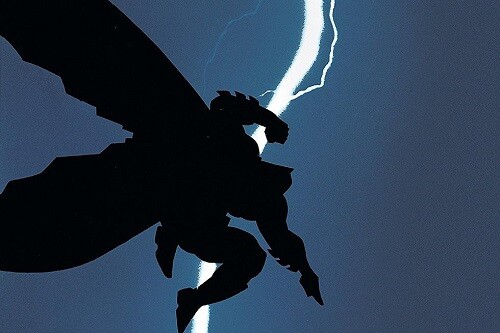
DC Comics
Almost immediately after DKR came out, its seedier futuristic version of Gotham City was adopted by the regular present-day Batman comics and pretty soon it spread to the Tim Burton movies -- which probably wouldn't exist if Miller hadn't made it cool for an art school goth like Burton to like Batman again.
Joel Schumacher was also a huge fan of Dark Knight Returns and intended to adapt it after his two movies, and Christopher Nolan bent over backward to jam DKR elements into his trilogy. We went straight from a young Batman who was still only on his second year in The Dark Knight to a tired and retired Bruce Wayne who needs mechanical assistance to get around in The Dark Knight Rises.
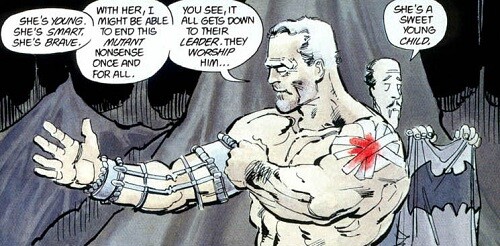
DC Comics
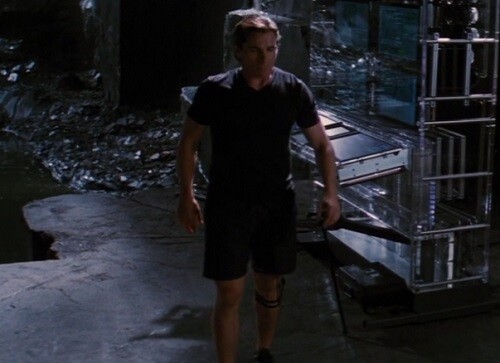
Warner Bros. Pictures
And then, of course, Zack Snyder started his cinematic universe with the older, more violent Batman that Miller specifically created to represent the end of the character's career. It's true that Miller ended up changing his plans and creating more comics set in this universe, but the less Hollywood looks at his post-DKR stuff the better. His All-Star Batman and Robin and Superman: Year One series retroactively established that this Batman was always a dangerous maniac who should never be allowed around children.

DC Comics
And then there's Miller's semi-coherent Holy Terror comic, which started out as DKR-verse special called Holy Terror, Batman! until it was decided that showing Batman killing and torturing people named "Mohammed" for 100 pages wasn't a wise idea.
These spin-off projects are nuts, but they are also a logical extension of the already exaggerated Batman presented in The Dark Knight -- a good comic that, like Alan Moore's Watchmen, was never intended to be continued. So please, Hollywood: how about more adaptations of that comic where Joker tries to copyright fish instead? We are dead serious.
Follow Maxwell Yezpitelok's heroic effort to read and comment on every '90s Superman comic at Superman86to99.tumblr.com.
Top image: DC Comics, Warner Bros. Pictures
